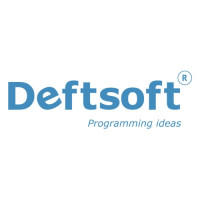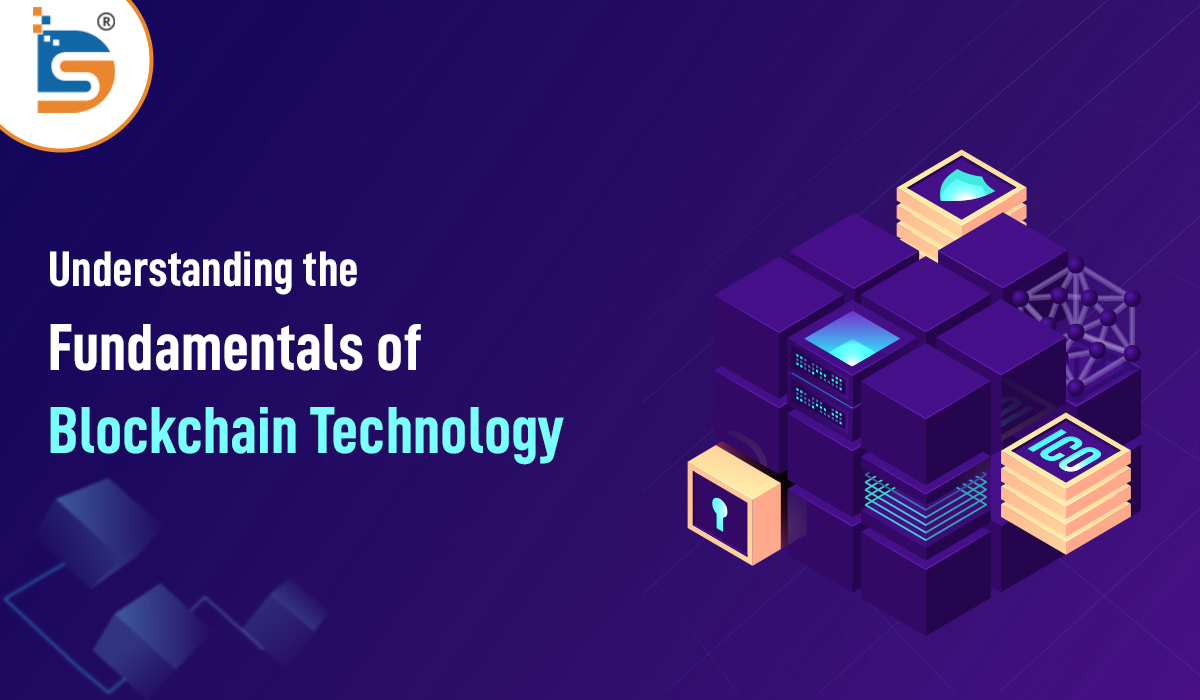9 Must-Have Tools for Blockchain Debugging & Testing

Strong 8k brings an ultra-HD IPTV experience to your living room and your pocket.
Blockchain technology is known for its complexity and unique challenges, especially when it comes to building, testing, and debugging decentralized applications (dApps) or blockchain-based systems. For developers working in this space, having the right tools can mean the difference between a smooth development process and one fraught with errors, inefficiencies, and vulnerabilities. In this article, we’ll list some of the best debugging and testing tools for blockchain developers and show how they help in delivering reliable blockchain solutions.
✍️ The future of blockchain is closer than you think. Check our blockchain trends article to learn about AI integration, IoT connectivity, and global adoption shaping 2025 and beyond.
Whether you're part of a blockchain development company or an independent developer working on smart contracts, testing and debugging are two steps you can’t skip. Let’s get into the tools that can make your workflow easier and more effective.
1. Ganache
Best for: Testing Ethereum smart contracts locally
Ganache is a personal blockchain that allows Ethereum developers to run tests, deploy contracts, and simulate various blockchain scenarios in a controlled environment. It provides a quick way to create an in-memory blockchain where you can play around with your smart contracts and transactions without dealing with actual live networks.
Why developers like it:
- Simple setup and interface.
- Instant mining to see results without delays.
- Configurable gas costs and block times.
Ganache allows developers to test the performance and interaction of their contracts under various scenarios, helping them spot bugs early in development.
2. Truffle Suite
Best for: Full lifecycle of Ethereum dApp development.
Truffle is an all-in-one framework that integrates development, testing, and deployment tools for Ethereum smart contracts. It automates repetitive tasks like contract compilation and migration, and it supports both JavaScript and Solidity testing frameworks.
Key features:
- Built-in smart contract compilation and migration tools.
- Automated contract testing with Mocha and Chai.
- Network management for interacting with public and private Ethereum networks.
With Truffle’s integrated testing suite, developers can write comprehensive test cases, ensuring that their contracts function correctly before going live.
3. Remix IDE
Best for: Debugging and developing Solidity contracts.
Remix is a browser-based IDE (Integrated Development Environment) designed for Solidity development. Its key strength lies in its integrated debugging tools, which help blockchain developers identify and fix issues quickly.
Features developers love:
- Real-time Solidity compiler.
- Excellent debugging capabilities, including step-through execution.
- Easy interaction with both local and public Ethereum networks.
The built-in debugger allows developers to inspect the state and variables at every point during contract execution, making it one of the most popular debugging tools for Ethereum developers.
4. MythX
Best for: Smart contract security auditing.
Security is one of the most critical concerns in blockchain development, and MythX is designed to address just that. It is a security analysis platform that scans Ethereum to identify smart contracts vulnerabilities such as reentrancy attacks, integer overflows, and other common exploits.
Why use MythX:
- Automated security analysis that integrates into the development process.
- Detailed vulnerability reports with explanations.
- API support for continuous integration pipelines.
For blockchain developers offering development services, MythX provides an added layer of protection by catching vulnerabilities before they can be exploited.
5. Hardhat
Best for: Advanced Ethereum development and testing.
Hardhat is another development environment specifically built for Ethereum. It’s known for its versatility and advanced debugging features. With Hardhat, developers can run Solidity code locally and simulate different Ethereum environments, making it easier to spot errors.
Popular features:
- Hardhat Network: A local Ethereum network for testing.
- Solidity stack traces for debugging complex transactions.
- Built-in console.log for Solidity, similar to JavaScript’s console.
Hardhat’s flexible plugin system also allows developers to integrate additional tools into their workflow, providing more control over the development and testing process.
6. Solhint
Best for: Enforcing coding standards and preventing common Solidity mistakes.
Solhint is a linter specifically built for Solidity, helping developers follow best practices and avoid common pitfalls in their code. Linters are especially useful for teams or blockchain development companies working on large codebases, as they ensure consistency and reliability in code quality.
Solhint’s standout features:
- Customizable rule set to fit any project.
- Supports security-related rules for safer contracts.
- Integration with popular code editors like VS Code.
By using Solhint, blockchain developers can automatically enforce good coding practices, which reduces the likelihood of bugs and vulnerabilities in their contracts.
7. Ethers.js
Best for: Interacting with the Ethereum blockchain.
Ethers.js is a lightweight JavaScript library that makes it easier for developers to interact with the Ethereum blockchain. It is often used for testing and debugging decentralized applications, as it abstracts many of the complexities of working directly with Ethereum nodes.
Why developers choose Ethers.js:
- Easy to integrate with testing frameworks like Mocha and Jest.
- Works well in browser environments as well as with Node.js.
- Supports both mainnet and testnet interactions.
With its clear API and extensive documentation, Ethers.js helps developers interact with their smart contracts in a way that’s simple yet powerful.
8. BlockScout
Best for: Inspecting and debugging transactions on Ethereum.
BlockScout is an open-source blockchain explorer that allows developers to monitor and inspect Ethereum transactions. Unlike popular blockchain explorers like Etherscan, BlockScout can be deployed on private or custom blockchains, making it ideal for development environments.
Benefits of BlockScout:
- Provides transaction history, account balances, and contract details.
- Supports custom deployments for private Ethereum networks.
- Useful for debugging transactions in local testing environments.
Blockchain developers who need to inspect contract interactions in detail will find BlockScout invaluable for debugging purposes.
9. Tenderly
Best for: Advanced debugging and monitoring of smart contracts.
Tenderly provides real-time monitoring and alerting for Ethereum smart contracts. It’s particularly useful for post-deployment debugging, allowing developers to simulate transactions and see how their smart contracts would behave under different conditions.
Why developers use Tenderly:
- Transaction simulation to predict contract behavior.
- Detailed gas reports and performance insights.
- Real-time alerts for on-chain events.
For developers building mission-critical dApps, Tenderly provides valuable insights that help optimize performance and spot issues before they impact users.
Conclusion:
Blockchain development, with its decentralized nature and immutable records, requires thorough testing and debugging to avoid costly errors. Using the right tools can make this process much easier, helping developers produce secure, functional applications. Tools like Ganache, Hardhat, Remix, and MythX are designed specifically for the unique challenges blockchain developers face, from testing on local networks to auditing for security vulnerabilities. By incorporating these tools into your workflow, you can deliver reliable blockchain solutions faster and with greater confidence.
If you're working with a blockchain development company or offering blockchain development services, adding these tools to your toolbox will not only improve the quality of your work but also give your clients more peace of mind.
FAQs:
1. What is the best tool for testing Ethereum smart contracts?
Ganache and Truffle are two of the most popular tools for testing Ethereum smart contracts in local environments.
2. What is the most important tool for smart contract security?
MythX is widely used for automated security analysis of smart contracts, helping to identify vulnerabilities before they can be exploited.
3. Can I use Remix for debugging complex Solidity contracts?
Yes, Remix offers an integrated debugger that makes it easy to step through contract execution and inspect variables at each point.
4. Is Hardhat better than Truffle?
Both are excellent tools, but Hardhat is often preferred by developers who need more advanced debugging features and greater flexibility in their development environment.
Note: IndiBlogHub features both user-submitted and editorial content. We do not verify third-party contributions. Read our Disclaimer and Privacy Policyfor details.







